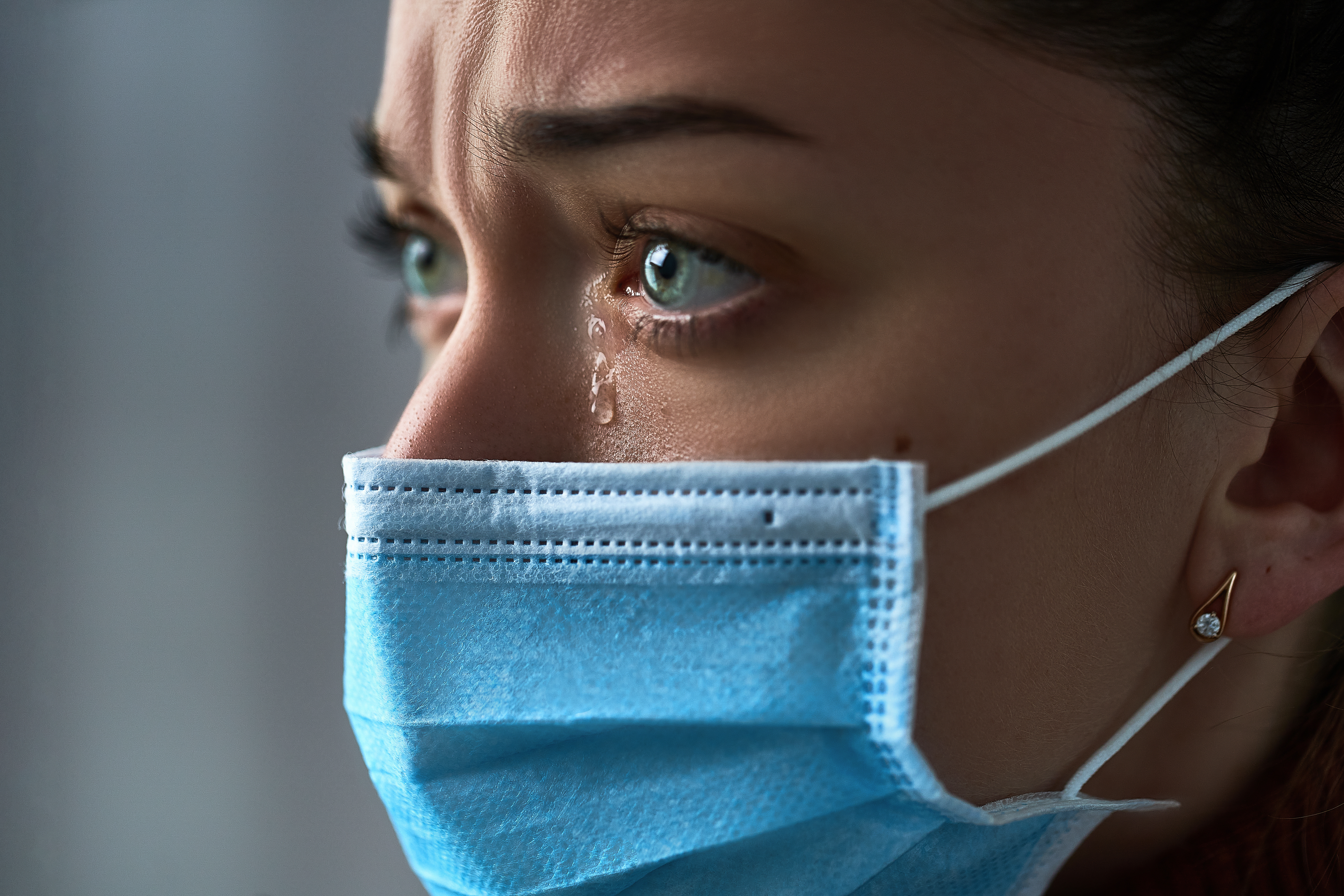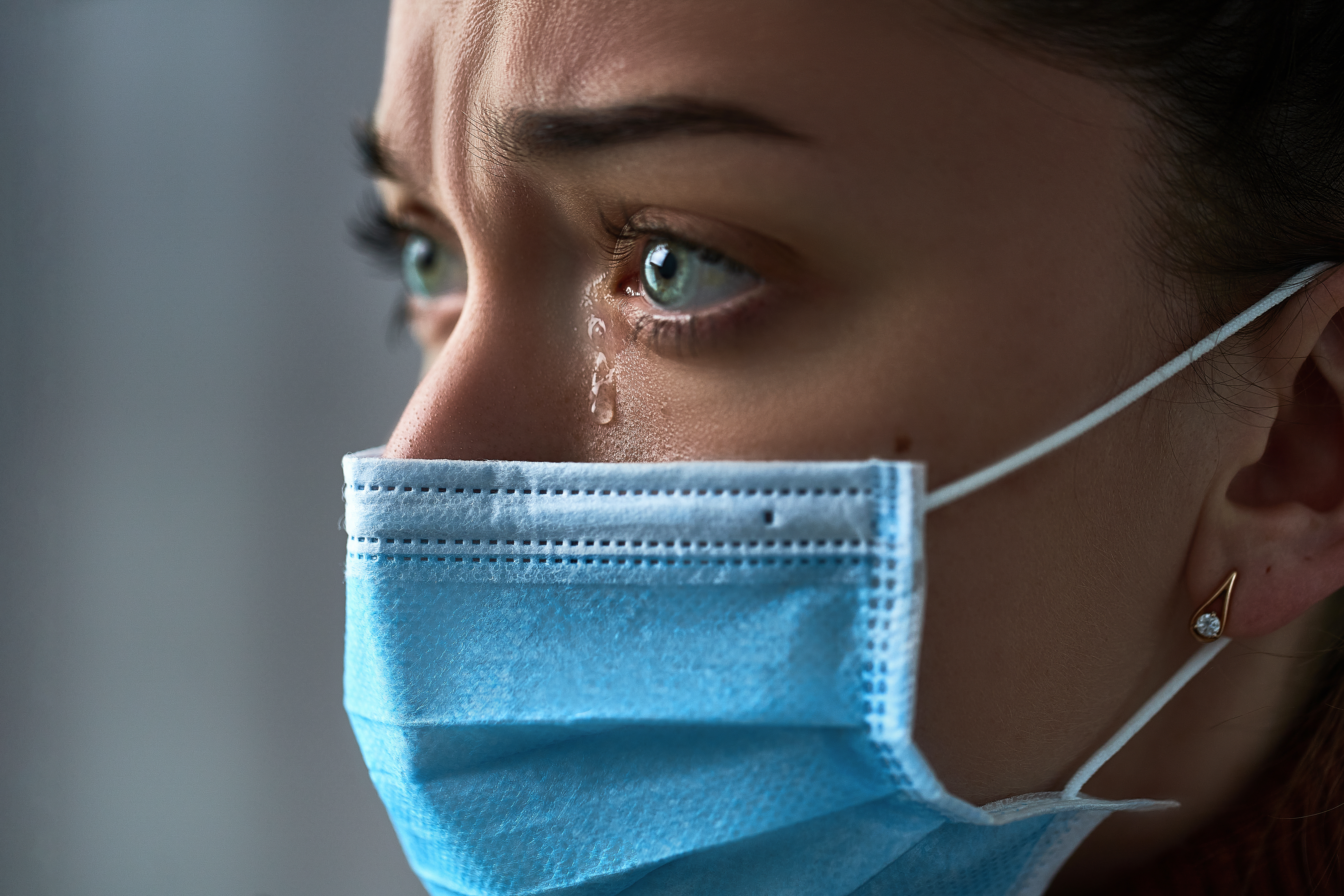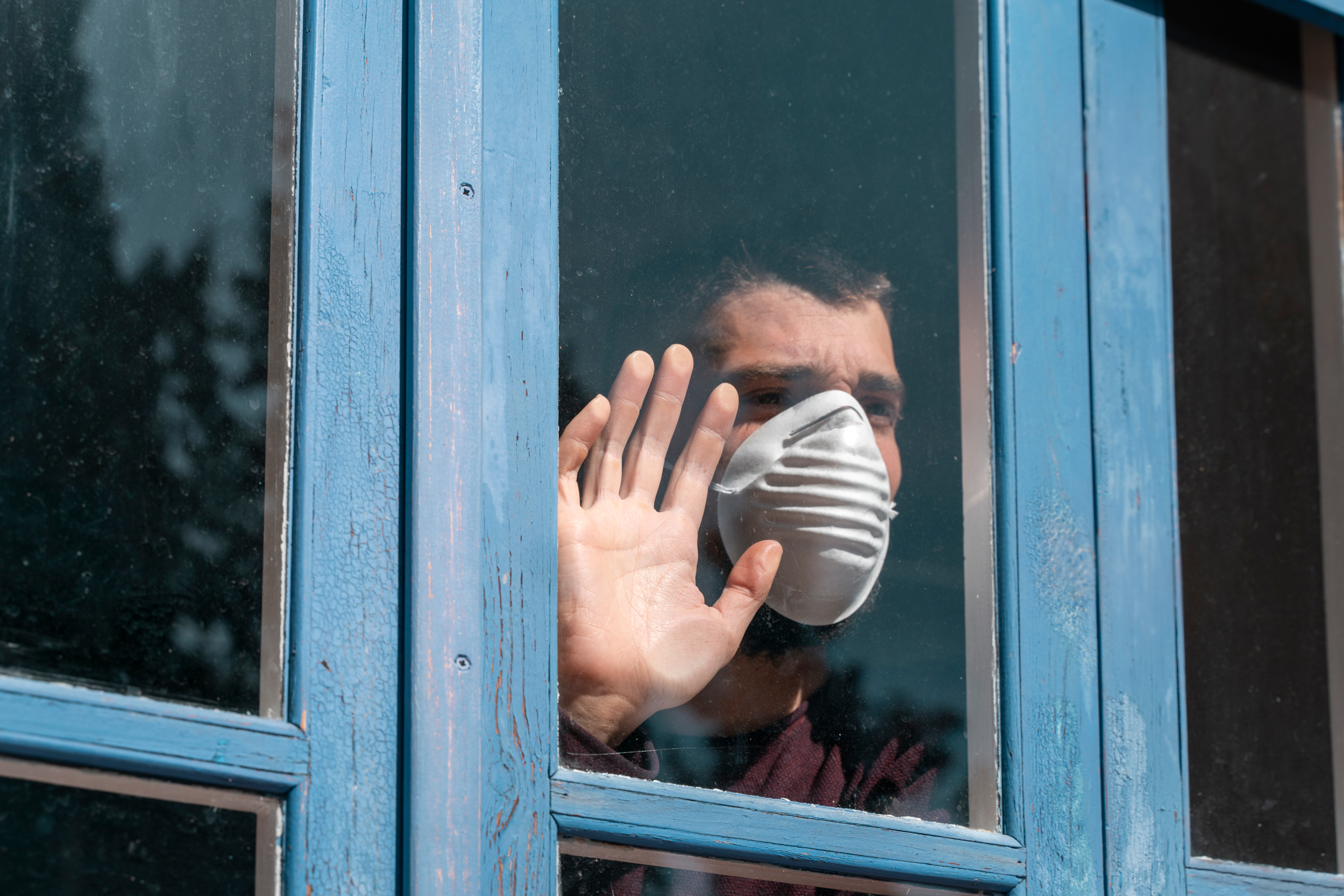As CoVID continues to ravage our society, we are forced to acknowledge the brutish nature of this virus on our existence and our economy. Introduced into humans through contact with infected bats, the virus has cropped up precipitously – infecting over 3 million and killing over 250,000 – and we are ill-prepared to face it. Furthermore, it has triggered a wave of global panic and discomposure that has immediately transformed our social and economic realities. As this threat continues to rear its head on a global scale, the world may yet again be faced with a much more silent killer – a force equally insidious as it is destructive – a pandemic of mental illness.
“…the world may yet again be faced with a much more silent killer …a pandemic of mental illness.”
Both CoVID-19 & attempts to mitigate spread may be detrimental to mental health
Responsible stakeholders across the world have intensified efforts in controlling the spread of infection with the ultimate objective of “flattening the curve”, through monitoring of close contacts and rigorous quarantining efforts. As an innately gregarious species, the necessary social isolation required to still the spread can be erosive to our psyches despite its virtue in serving the greater good. We have been forced into den of isolation, which – when combined with existential panic – can overwhelm any internal capacities to preserve our mental health – as we end up feeling closeted, defenseless and anxiety-ridden.
Apart from the relatably uncomfortable aspects of quarantine, it has been scientifically shown to be associated with intense sentiments of fear, nervousness, sadness and guilt, all of which can be highly destructive emotional states. The excessive consumption of media and information overload will also overwhelm and cause psychological distress. Moreover, loss of jobs and the collapse of business activity produce financial strain and personal distress. Levels of anxiety and depression have officially risen during CoVID, and we have a social responsibility to acknowledge this and take the requisite action to mitigate its consequences.
Mental health consequences may extend into our post-CoVID lives
Though many tout that the societal changes we are now experiencing are transient and short-lived, this assumption must be questioned with skepticism and sobriety. Much like a mind that, once stretched, never returns to its original dimensions – in the wake of COVID, society must prepare for a long-term second wind of mental illness. Studies show that, even after quarantine, citizens are likely to engage in avoidant behaviors and aberrant behavioral changes such as hypervigilant handwashing and avoidance of public spaces. Such changes are overt indicators of unhealthy mental composure, and – at worst – may represent forms of obsessions, compulsions and post-traumatic psychological phenomena. Furthermore, a harsh economic climate fueled by lockdowns and forced isolation will only exaggerate our global melancholy.
The unprecedented fatality rate among vulnerable populations may translate into sudden and unexpected loss of loved ones. Strict social distancing guidelines prohibit the usual outlets for grieving and attaining closure, which further compounds the emotional instability inherent in unanticipated bereavement.

Mental health has long been neglected as a vital arm of holistic human health
Like the proverbial ‘orphan child’, mental health has often been deprioritized as a key aspect of collective human health, and – even prior to the pandemic – the incidence and prevalence of key mental illnesses have been increasing globally. This should give us cause for pause, particularly as we consider ourselves to be living in an era where opportunities abound.
Ironically, some attribute the rise of mental illness to several changes that typically positively characterize our new society. We have become increasingly individualistic; idolizing self-actualization, while ridiculing failure. Glorification of success in some ways makes us a less resilient species, given the inevitability of misadventure and the need to exercise stoic tolerance of unfortunate circumstance. Inability to do so can sow seeds of self-criticism, which may ultimately germinate into low self-esteem. Furthermore, the lack of adequate work-life balance in the ubiquitous rat-race does little to give us a sense of a harmonious existence.
The popularity of social networking sites has also led to overexposure and pervasive social comparison which has also been documented to erode self-appreciation, with palpably negative effects on mental health. We are invited to deeply introspect and question the roots of our collectively deteriorating mental status.
To solve the problem, you have to see the problem
The solution to any problem requires open acknowledgement of its existence and deliberate efforts to seek a solution. Only in acknowledging our vulnerability, can we can take the required steps to preserve and remediate our collective mental status, and it is hoped that the acknowledgement of the psychological aftermath of CoVID-19 will shine light on a dimension of our well-being that has long been neglected. Only in doing so can we truly emerge from this collective trauma as a stronger, wiser and happier species.



